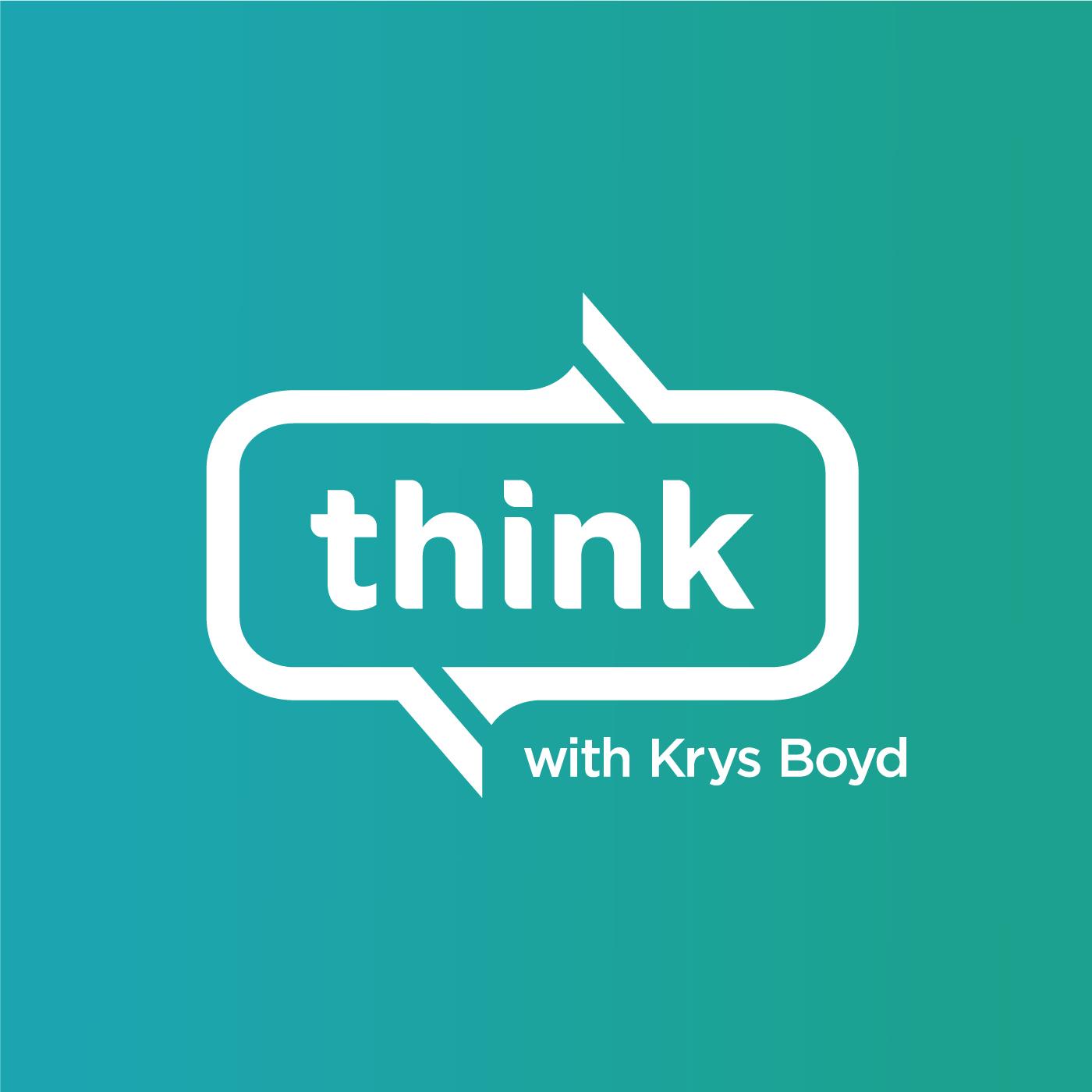
KERA's Think
KERAKERA's Think
Think is a daily, topic-driven interview and call-in program hosted by Krys Boyd covering a wide variety of topics ranging from history, politics, current events, science, technology and emerging trends to food and wine, travel, adventure, and entertainment.
071003
Think is a daily, topic-driven interview and call-in program hosted by Krys Boyd covering a wide variety of topics ranging from history, politics, current events, science, technology and emerging trends to food and wine, travel, adventure, and entertainment.
071003

Jennifer Wilson, a staff writer at The New Yorker, joins host Krys Boyd to discuss what happens when home DNA kits produce unexpected results and why some call for paternity testing at birth.

Laila Petrie, director general of the charity Future Earth Lab, joins host Krys Boyd to discuss sustainability in fashion and how fast fashion contributes to climate change.

University of Chicago public policy professor Jens Ludwig joins host Krys Boyd to discuss how behavioral economics offers insight into what works to curb gun homicides.

Host Krys Boyd talks with three experts who take on loneliness head on, from why it’s so hard to address, to ways to use our creativity to connect with others, to a guide for making and keeping friends.
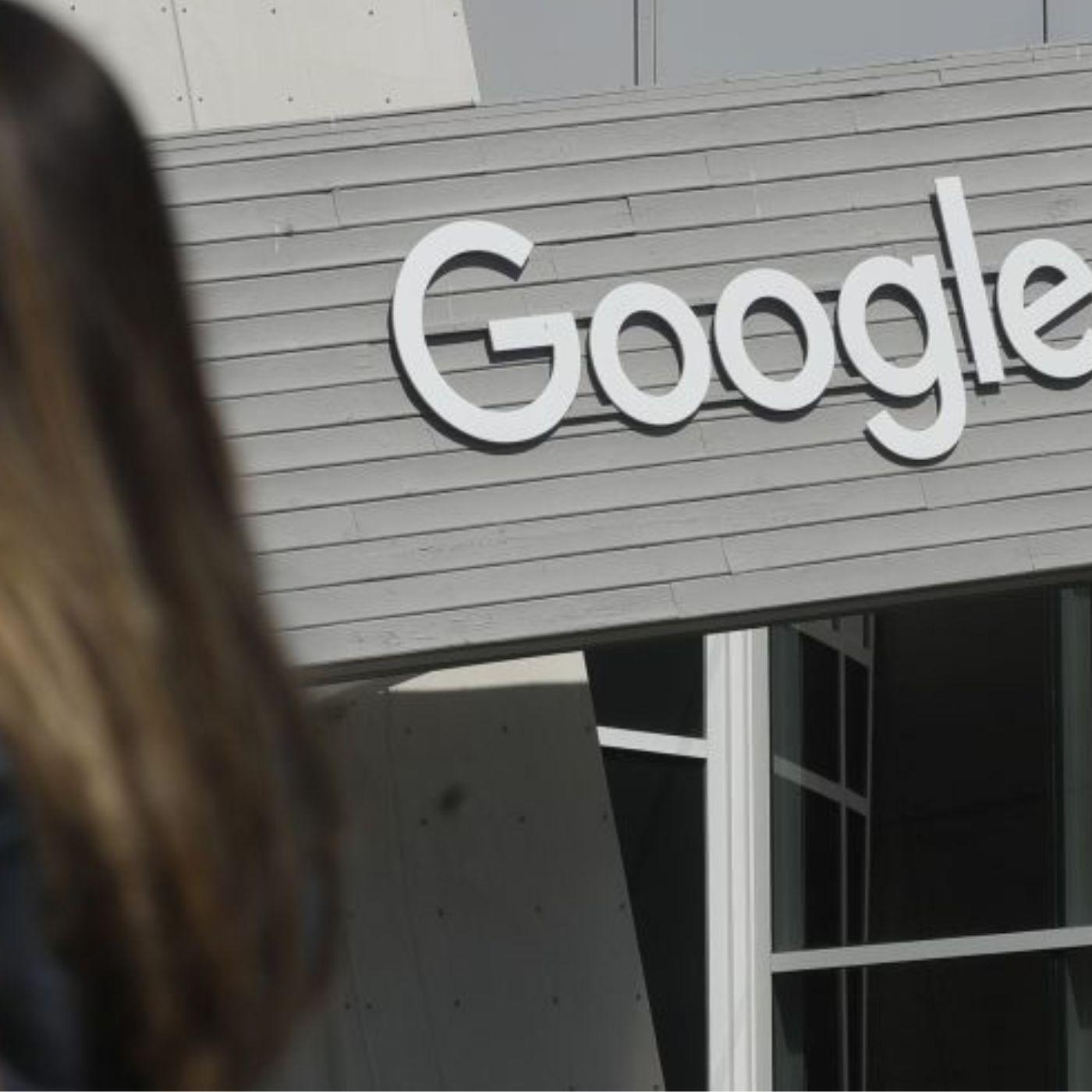
Mike Isaac, Silicon Valley and technology reporter for The New York Times, joins Krys Boyd to discuss the transformation of the cushy Silicon Valley work style.

Freelance writer Andrea Javor joins host Krys Boyd to discuss her journey using Ozempic, the disappointment that came when the scale didn’t budge for her, and why doctors think GLP-1s can regulate diabetes without the weight loss.
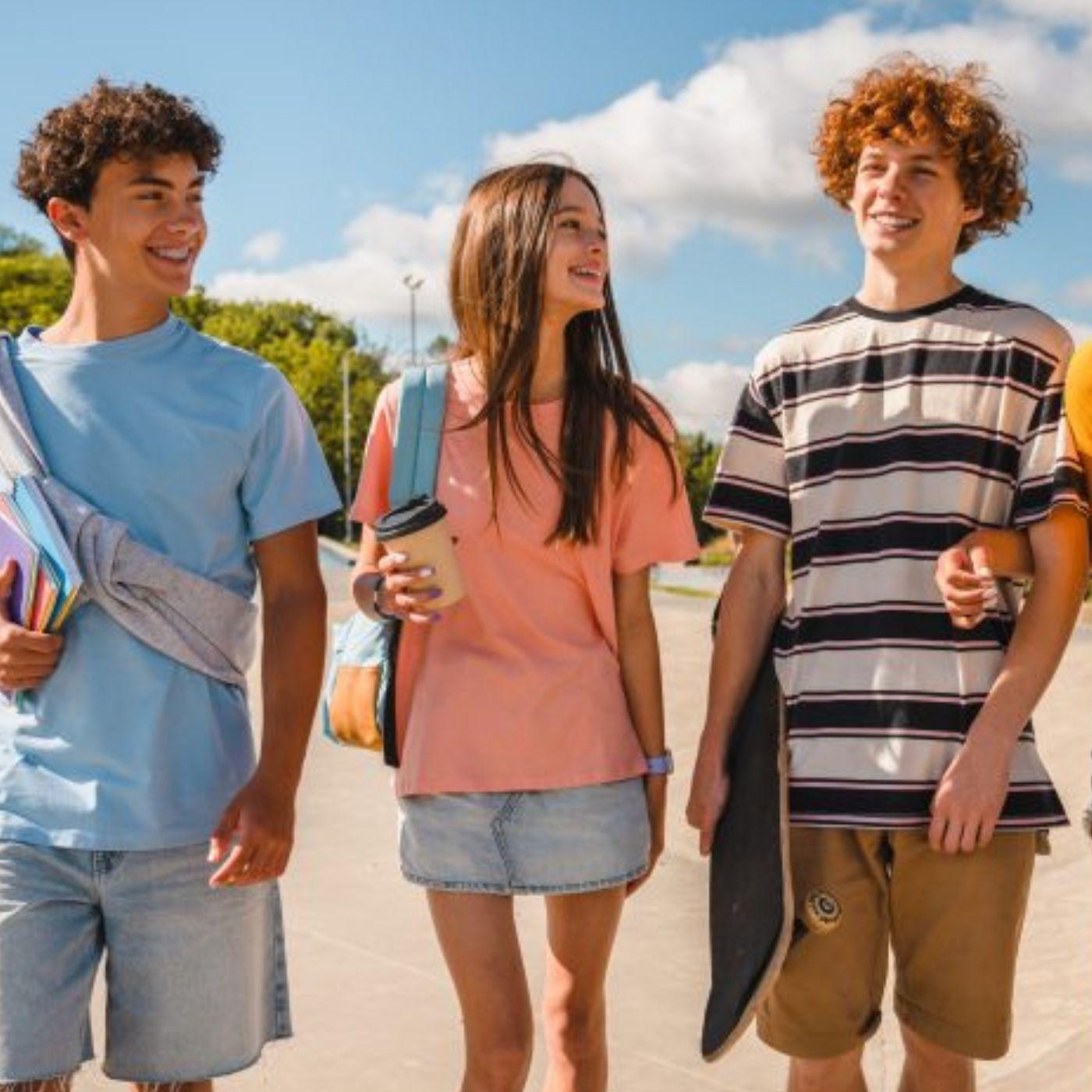
Megan C. Reynolds, editor at Dwell magazine, joins host Krys Boyd to discuss one little word that defines so much of modern speech: like.

Rachel Slade joins host Krys Boyd to discuss challenges small businesses face when they want to source American-made products, how regulation gets in the way, and why labor unions might help bring jobs back.

Arthur C. Brooks, a Harvard Professor and columnist at The Atlantic, joins host Krys Boyd to discuss a compendium of his columns about the pursuit of happiness.

Ross Anderson, staff writer at The Atlantic, joins host Krys Boyd to discuss how Trump administration policies are opening up foreign opportunities for researchers.

Elaina Plott Calabro, staff writer at The Atlantic, joins host Krys Boyd to discuss why the MAID law has made medically assisted death more common in Canada.

Journalist Tekendra Parmar joins host Krys Boyd to discuss how immigration attorneys are approaching their workload.

Rutger Bregman, historian and co-founder of The School for Moral Ambition, joins host Krys Boyd to discuss why so many people feel like their jobs don’t make a difference in the world.

Washington Post classical music critic Michael Andor Brodeur is a lifelong lifter, and she joins host Krys Boyd to discuss his examination of modern masculinity, why the gym took over after the Industrial Revolution, and what building muscle means for healthy — or unhealthy — identities

Nick Keppler joins host Krys Boyd to discuss how narcissistic personality disorder is diagnosed and the people who genuinely want to change.

Eyal Press is a contributing writer for The New Yorker, and he joins host Krys Boyd to discuss why restaurant owners will benefit most from eliminating income taxes on tips.
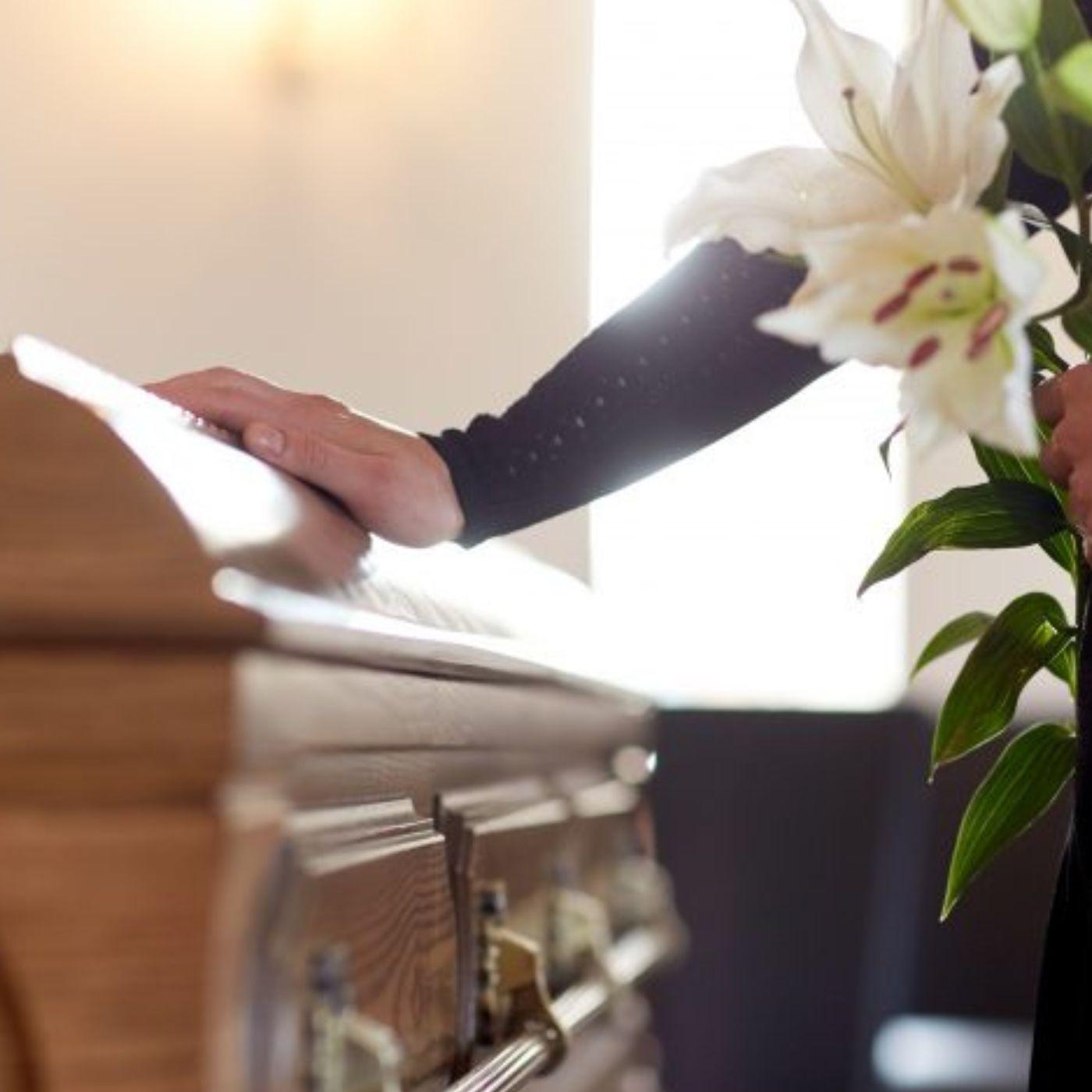
Enter A.I. Drew Harwell is a technology reporter for The Washington Post, and he joins host Krys Boyd to discuss the rise of obituary-writing artificial intelligence, how funeral homes are eager to embrace it.

Washington Post transportation reporter Ian Duncan joins host Krys Boyd to discuss why the rates of completion for federally funded FAA training programs are so low and the toxic culture in air traffic controller apprenticeships.
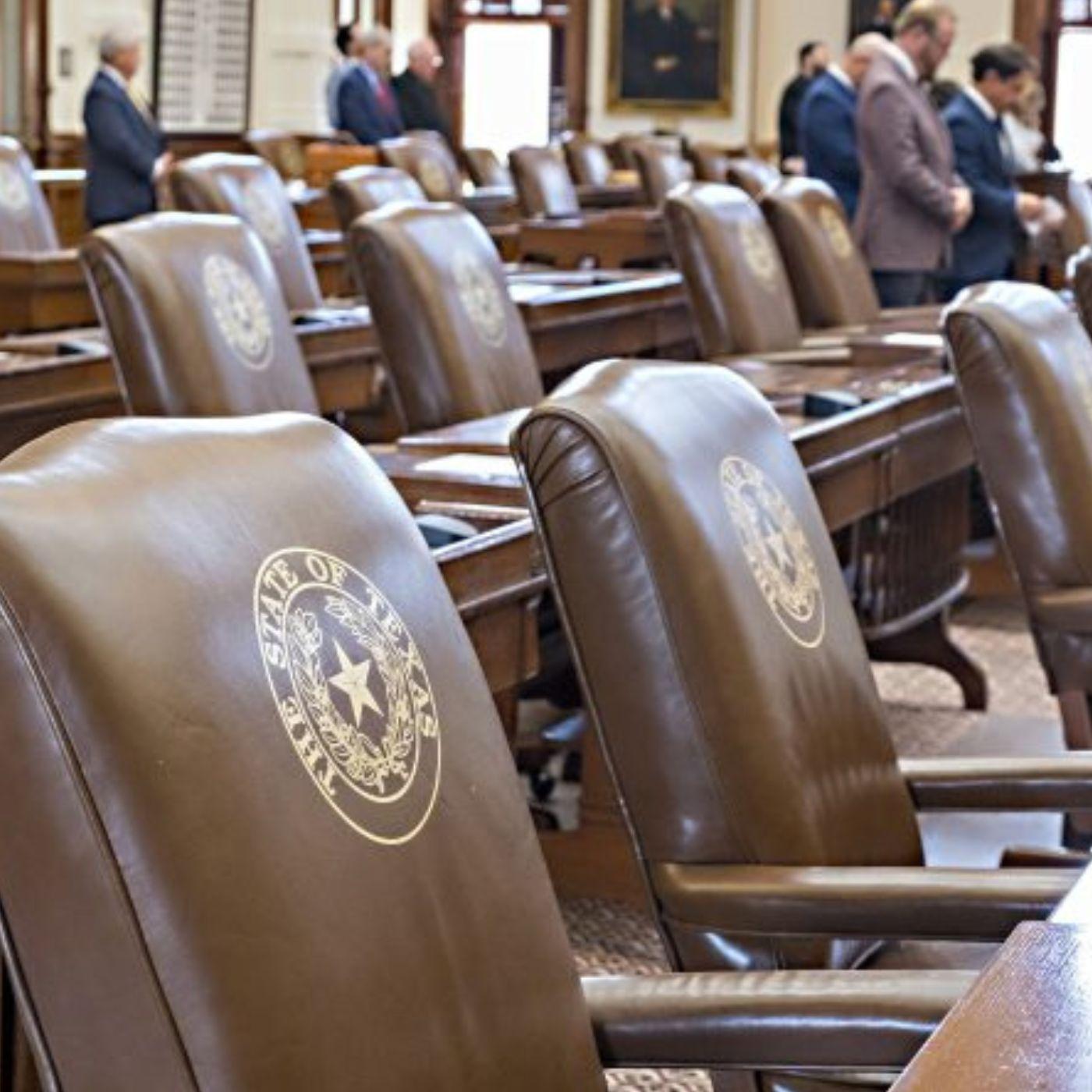
Samuel Wang, professor of neuroscience and leader of Princeton's The Gerrymandering Project, joins host Krys Boyd to discuss gerrymandering efforts in Texas and beyond.
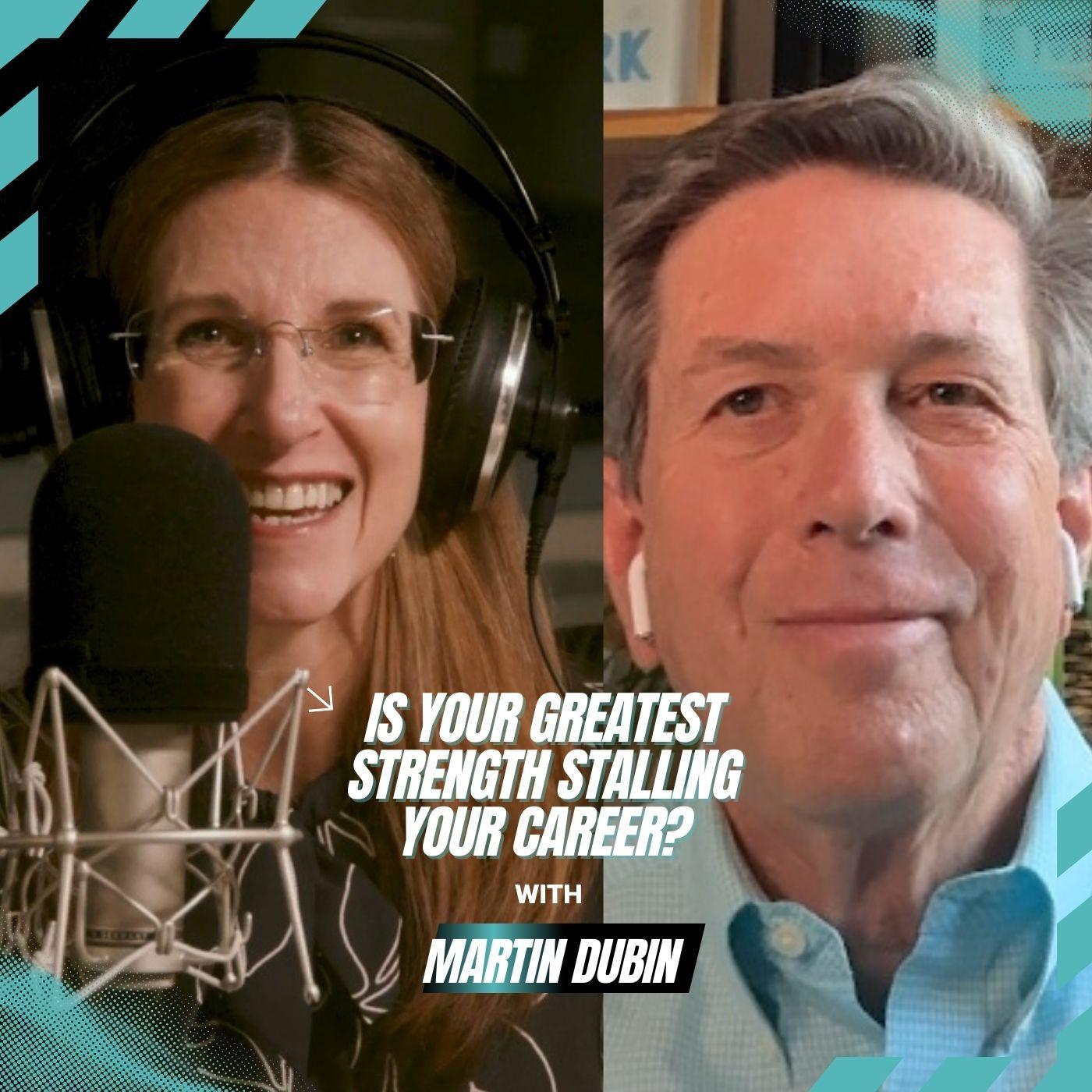
Martin Dubin, clinical psychologist, entrepreneur and business coach, joins host Krys Boyd to discuss the skills business school can’t teach you.
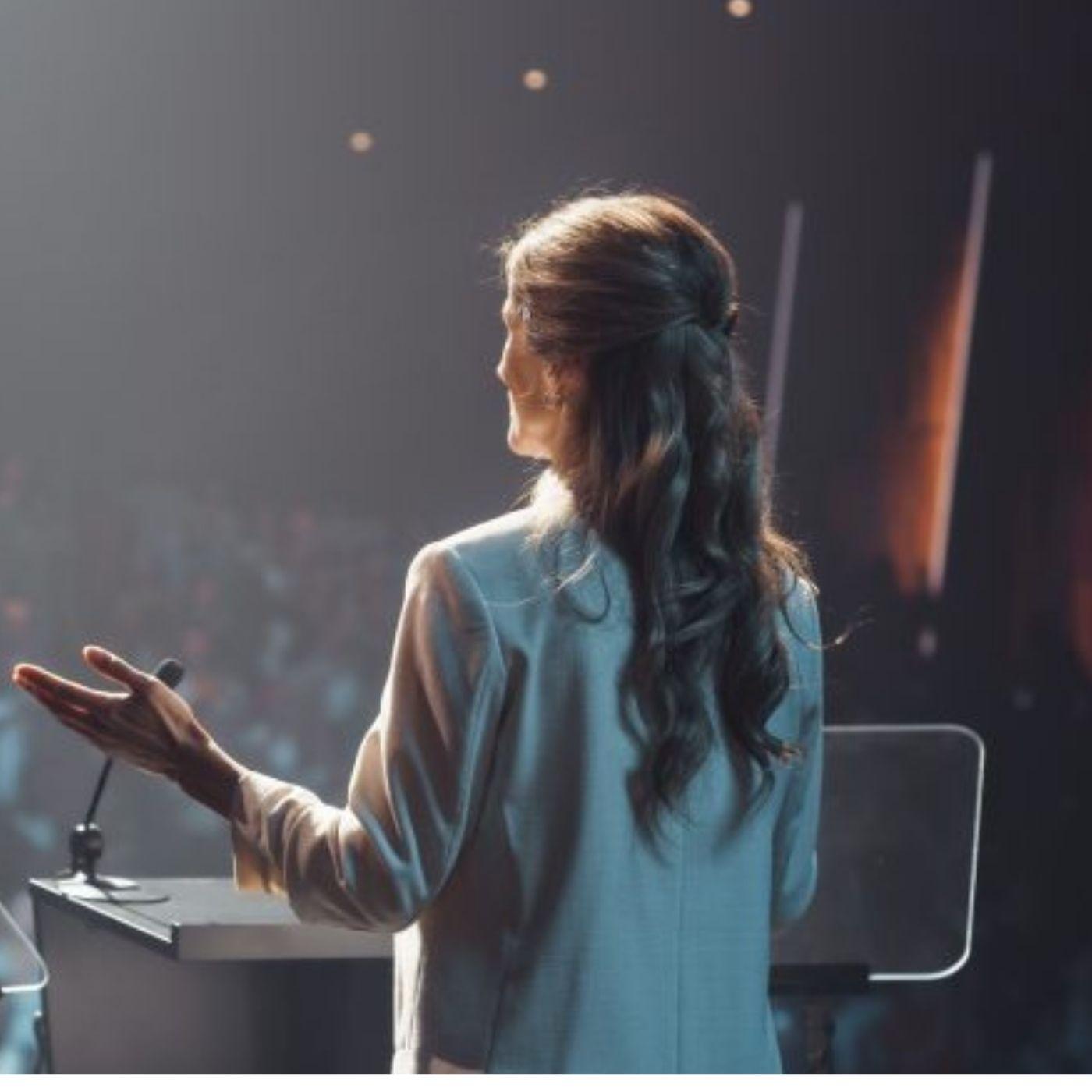
Curtis Bram, a political scientist at The University of Texas at Dallas, joins host Krys Boyd to discuss the two sides of modern governing: elitism and populism, and questions whose job it is to actually protect democracy —voters or politicians?
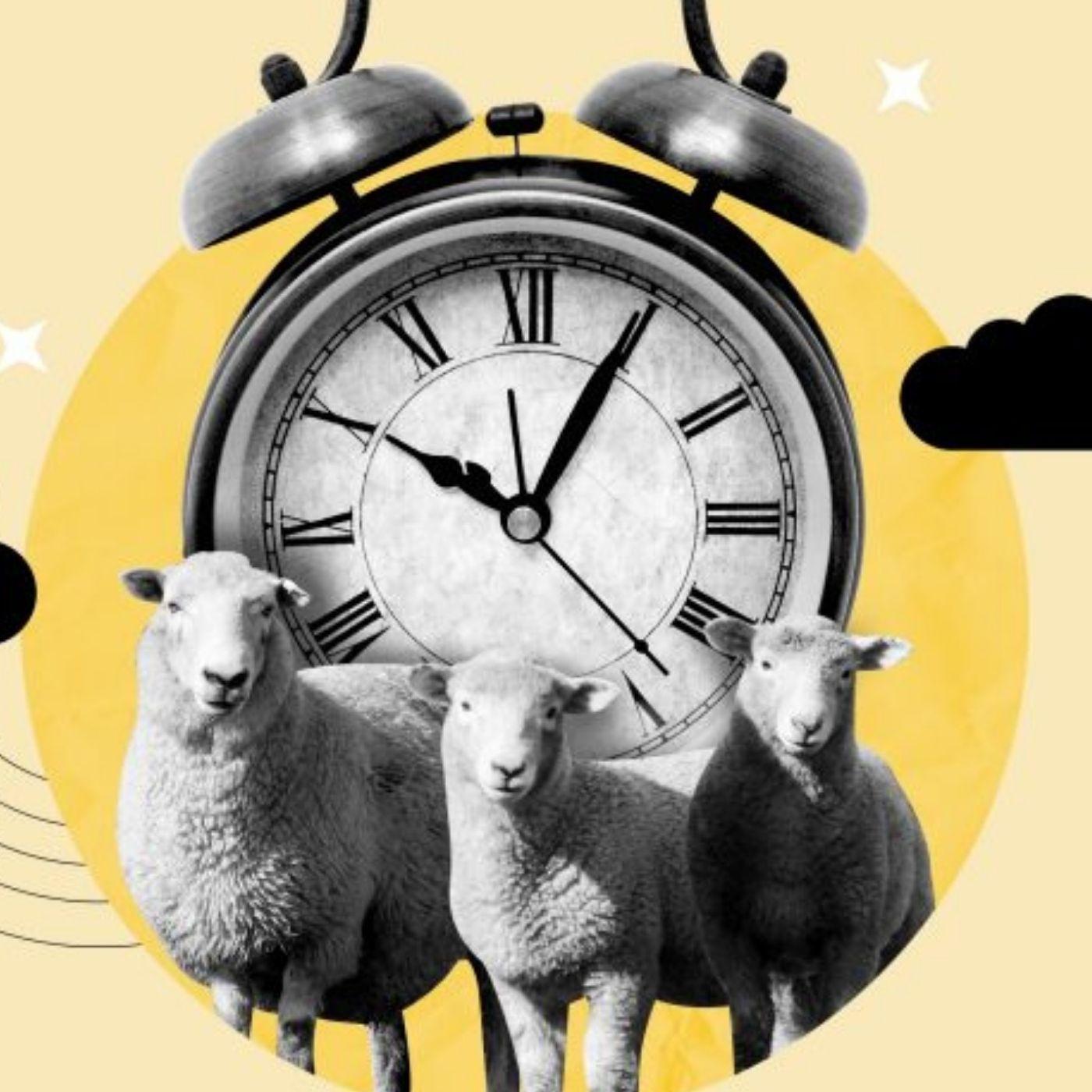
Jennifer Senior, staff writer at The Atlantic, joins host Krys Boyd to discuss sleep anxiety, why we find it so hard to get a good night’s rest.

New Yorker staff writer Rachel Aviv joins host Krys Boyd to discuss a woman diagnosed with severe mental illness for years before doctors realized it was an autoimmune response.

Peter Cappelli is the George W. Taylor Professor of Management at the Wharton School and the director of its Center for Human Resources. He joins host Krys Boyd to discuss why hybrid work holds workers back in terms of promotions.
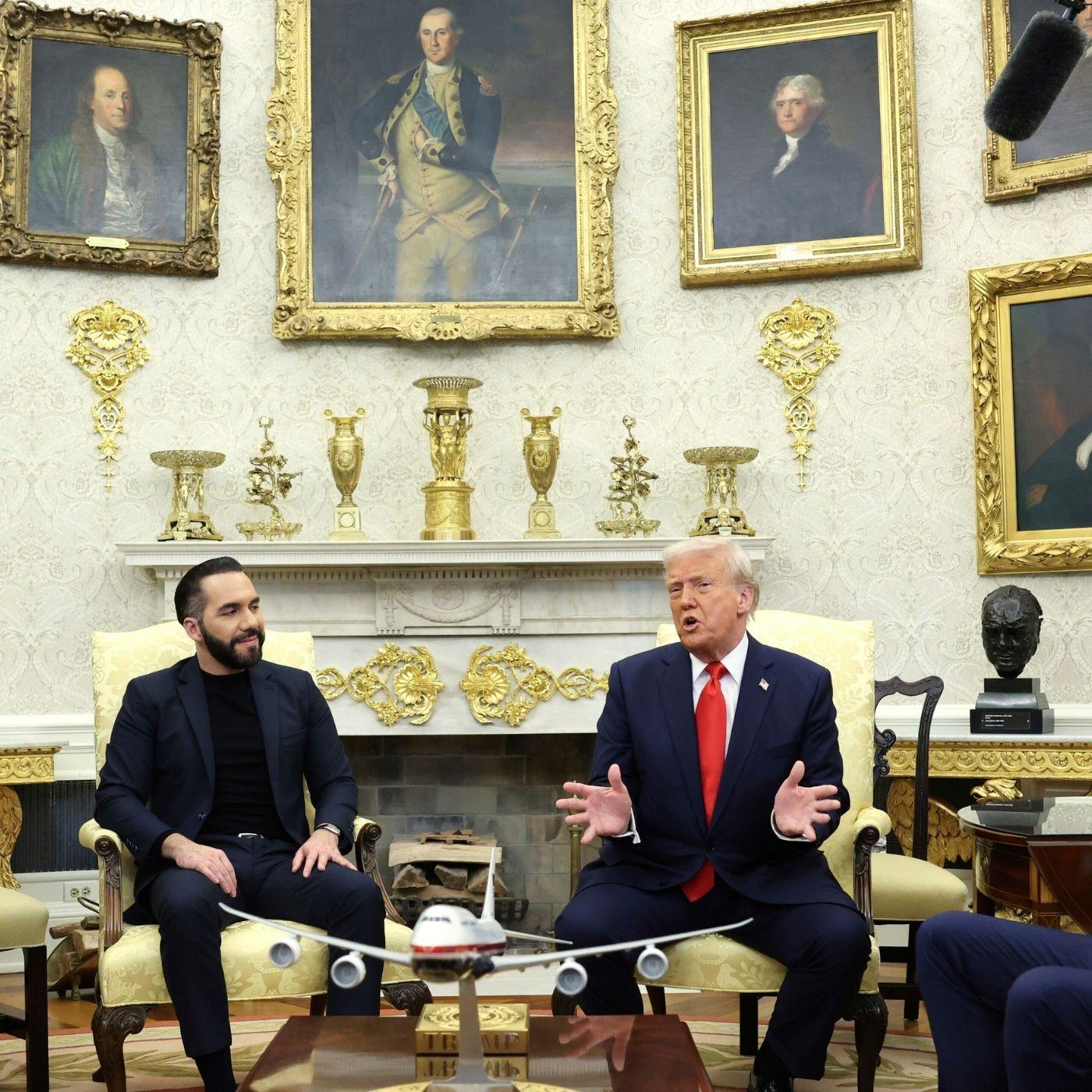
Viet Thanh Nguyen, professor of literature at the University of Southern California, joins host Krys Boyd to discuss his trip to El Salvador, and how their versions of American greatness differ immensely as they look to immigration and violence in the region.

Ciarán Donnelly, SVP for International Programs with the International Rescue Committee (IRC), joins host Krys Boyd to discuss starvation in the Gaza strip.
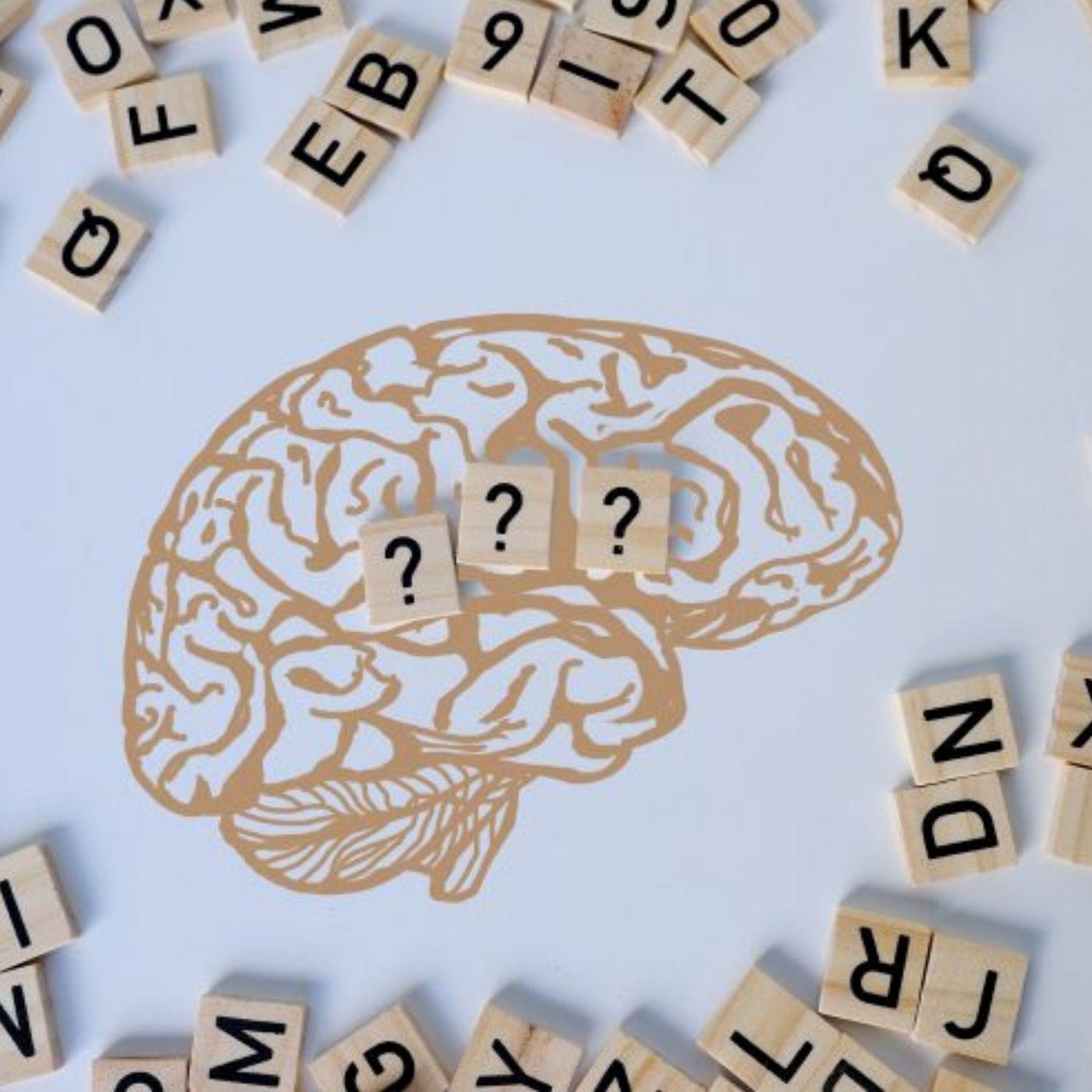
Martha Barnette, co-host of the popular radio show and podcast “A Way with Words,” joins host Krys Boyd to discuss her love of language and all the myriad ways words bring us joy.

Brian M. Rosenthal, investigative reporter at The New York Times, joins host Krys Boyd to discuss how some donors, thought to be deceased, have shown signs of life just before vital organ harvesting.

Bob Holmes, contributor for Knowable Magazine, joins host Krys Boyd to discuss the biomedical bond between dogs and people.

Liel Leibovitz is editor-at-large for Tablet and joins host Krys Boyd to discuss how the very saturated podcast market is making us silo ourselves even further from one another.

Maia Szalavitz, author and contributing opinion writer for the The New York Times, joins host Krys Boyd to discuss children who are behaving in “callous, unemotional” ways.

Tom Zeller Jr. is co-founder and editor-in-chief of Undark, and joins host Krys Boyd to discuss why, with so many billions of people suffering, headache research is not a top priority in medicine.

Environmental journalist Sam Bloch joins host Krys Boyd to discuss how, in a world that faces searing temperatures, shade is a natural resource we should all be striving for.
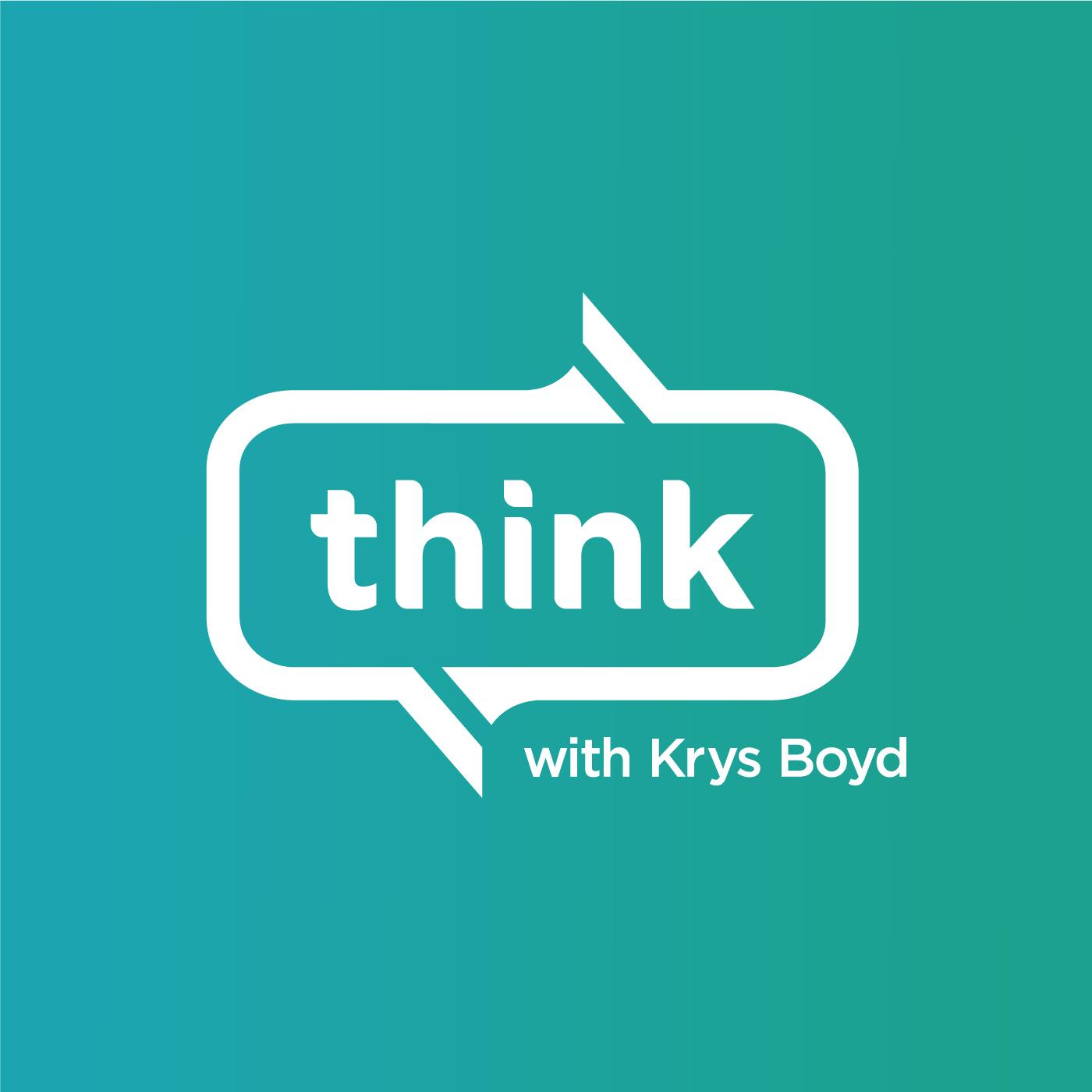
Stephanie Pappas is a freelance science journalist, and she joins host Krys Boyd to discuss the many issues testosterone therapy claims to fix.
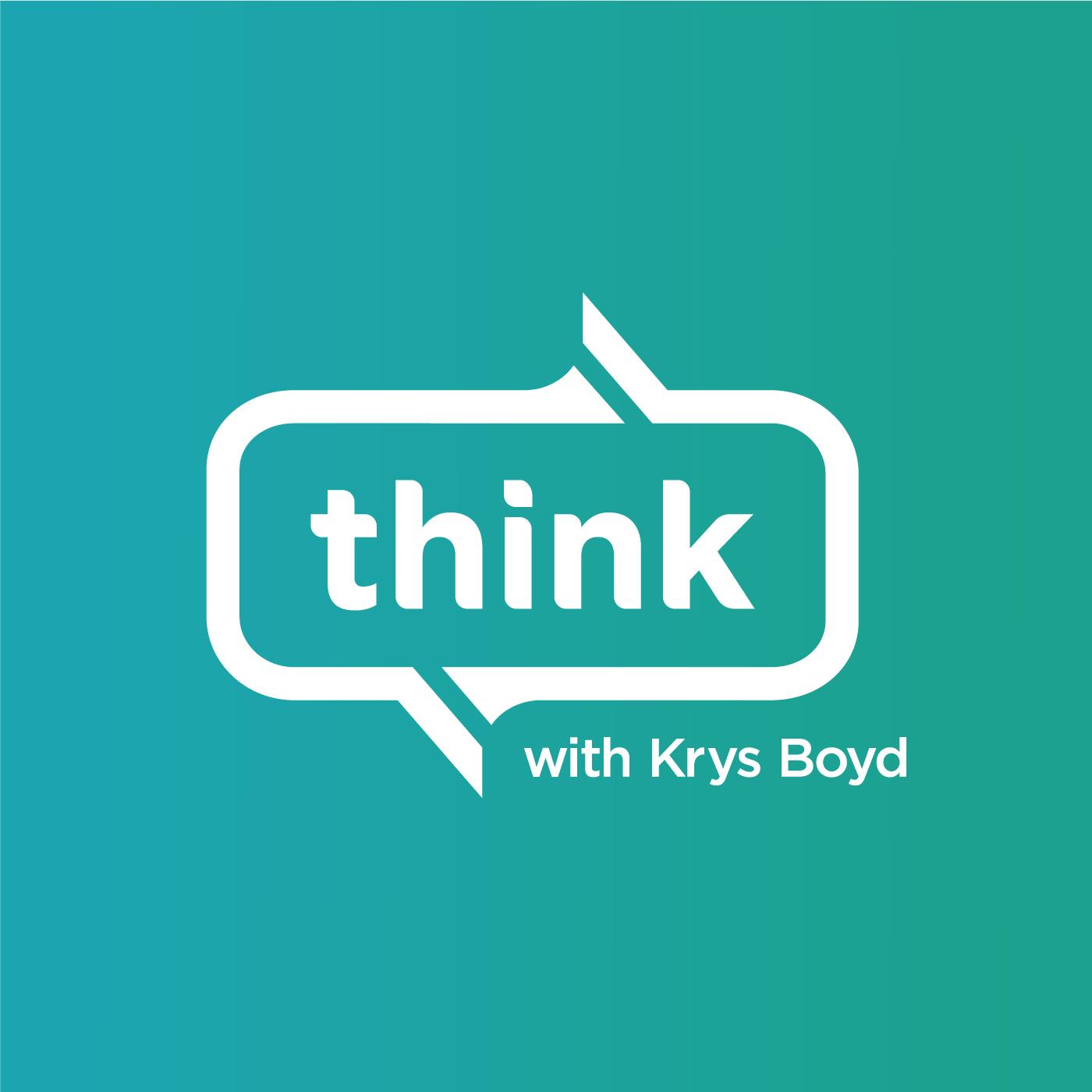
Sigal Samuel is a senior reporter for Vox’s Future Perfect and she joins host Krys Boyd to discuss what would happen if A.I. woke up to its own existence. Read more
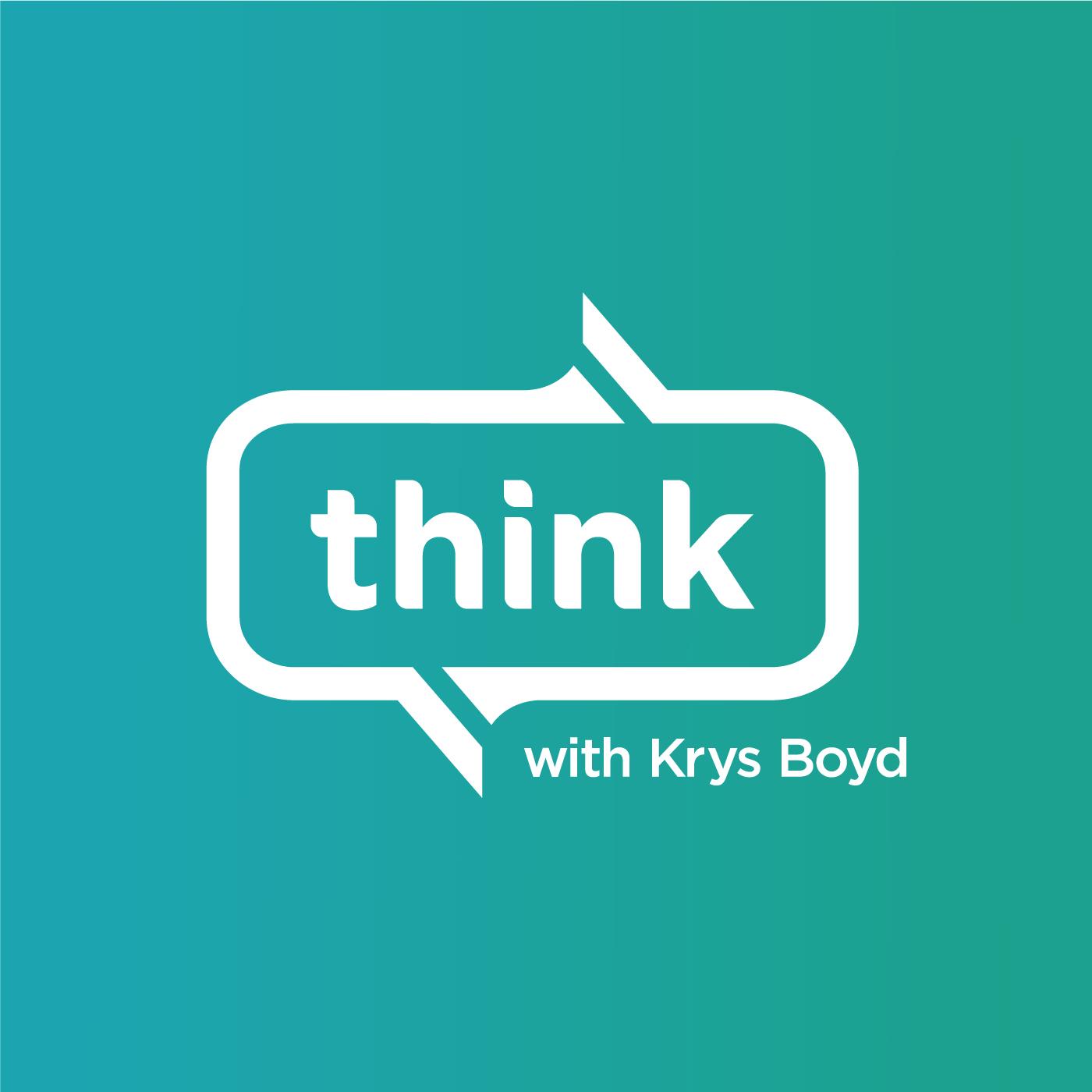
Teresa Ghilarducci is professor of economics and policy analysis at the New School for Social Research and she joins host Krys Boyd to discuss what’s happening with the social security funds so many Americans rely on.
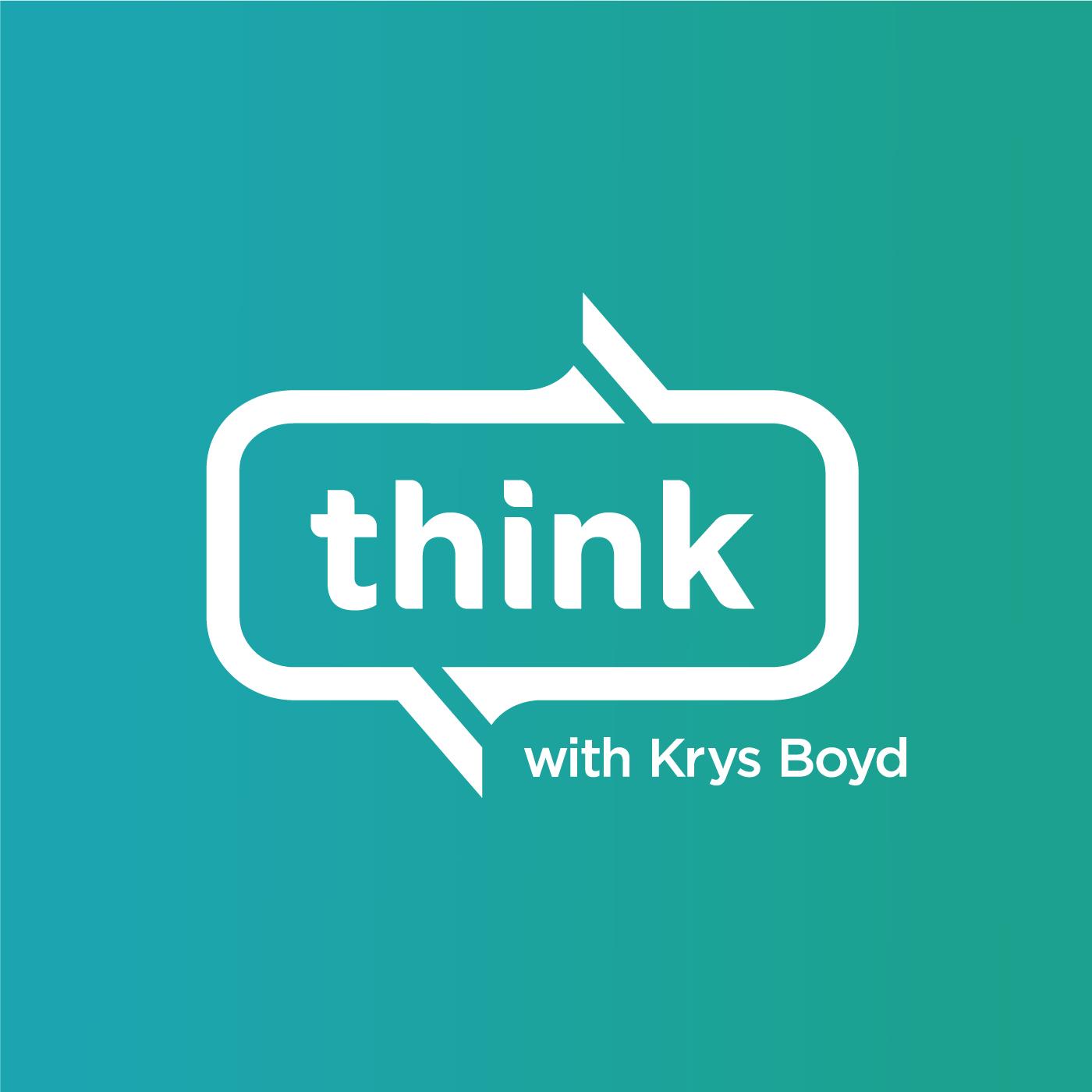
Science writer Laura Spinney joins host Krys Boyd to discuss the proto-Indo-European language, how it connects languages as varied as English and Russia.

Matt Richtel, health and science reporter at The New York Times, joins host Krys Boyd to discuss why kids today are more careful physically but need more help mentally.

Amy Larocca is a journalist who spent 20 years at New York magazine as both fashion director and editor at large. She joins guest host Paige Phelps to discuss how the moneyed and elite have moved fashion to the “wellness” space.

Dean Spears is founding executive director of r.i.c.e., a nonprofit that works to promote children’s health, growth, and survival in rural India. He joins host Krys Boyd to discuss a future with far fewer humans in just the next few decades.

Jordan Thomas is a former Los Padres hotshot wildland firefighter and currently an anthropologist and chancellor’s fellow at the University of California, and he joins host Krys Boyd to discuss why climate change doesn’t tell the whole story.

Greg Eghigian, professor of history and bioethics at Pennsylvania State University, joins host Krys Boyd to discuss the history of America’s fascination with UFOs — an obsession that spread globally — and what it all means for our civilization back here on Earth.

Rivka Galchen holds a medical degree in addition to being a staff writer for The New Yorker, and she joins guest host Courtney Collins to discuss progress on developing alternative painkillers and why pain is so hard to manage in the first place.

Northeastern University history professor Gretchen Heefner discusses how modern warfare has shaped the way the Army Corps of Engineers approaches the challenges of extreme environments.

Benjamin Wallace-Wells of the New Yorker discusses the agencies gutted by Musk’s attempts at cost cutting.

Journalist Amanda Chicago Lewis joins discusses why U.N. resolutions are easily ignored and if the institution has outlived its purpose.

Emily Kilcrease of the Center for a New American Security (CNAS) discusses the need for an overhaul of global trade policy.

Matthew Hongoltz-Hetling joins host Krys Boyd to discuss a pushback against the scientific establishment, what our affinity for storytelling has to do with our long-held beliefs, and why the paranormal might need to be taken seriously in the future.

José Andrés joins host Krys Boyd to discuss the hope and nourishment food brings to those in desperate need, how he built his humanitarian mission, and the types of people he surrounds himself with to make the world a better place.

Ed Helms joins host Krys Boyd to talk about the cats that were trained for the CIA, a plan to nuke the moon, and other bad ideas that never saw fruition (thankfully).

Roxane Gay joins host Krys Boyd to talk about editing a new collection that looks at hundreds of years of feminist writers and why the ideas around women’s rights are always evolving.

Sarah Hart is professor of geometry at Gresham College and professor emerita of mathematics at Birkbeck, University of London. She joins host Krys Boyd to discuss why we so often look for coincidences in our lives — and why that’s a mathematically futile endeavor.

Shigehiro Oishi, Marshall Field IV Professor of Psychology at the University of Chicago, joins host Krys Boyd to discuss his concept of “psychological richness,” where curiosity and spontaneity provide the stimulation we need, and how this outlook can carry us even through the hardest patches of our lives.

Grace Wade is a health reporter for New Scientist, and she joins host Krys Boyd to discuss the new world of mucus research and how it’s both a chemical and physical barrier to disease.

Daniel Waldenstrom is professor of economics and he joins host Krys Boyd to discuss why understanding the metrics of measuring inequality is critical to understanding that not all people — or even countries — are being as hard hit as we might believe.

Rachel Slade joins host Krys Boyd to discuss challenges small businesses face when they want to source American-made products, how regulation gets in the way, and why labor unions might help bring jobs back.

Stacie E. Goddard is Betty Freyhof Johnson ’44 Professor of Political Science and associate provost at Wellesley College. She joins host Krys Boyd to discuss how, despite big talk and tariffs, Trump is hoping to shift America’s foreign policy towards alliances.

Adam Clark Estes, senior technology correspondent at Vox, joins host Krys Boyd to discuss his experience wearing a multitude of health trackers.

Amanda Hess, critic at large for The New York Times, joins guest host Courtney Collins to discuss the hazards of birthing and raising children in a digital world with both helpful and harmful information at our fingertips, and how parents can cut through the online chatter.

Helen Lewis is a staff writer at The Atlantic and host of the BBC podcast series “The New Gurus” and “Helen Lewis Has Left the Chat”. She joins host Krys Boyd to discuss why the very idea of “genius” is a social construct, why the label excludes as much as it includes, and why it’s time to look at creativity in a new way.

Carly Anne York, associate professor at Lenoir-Rhyne University, joins host Krys Boyd to discuss seemingly wacky scientific inquiries – into everything from worm blobs to elephant pee – and how they’ve yielded real breakthroughs that add to both knowledge and the economy.

Amy Littlefield, The Nation’s abortion access correspondent, joins host Krys Boyd to discuss why late-term abortions are both rare and mischaracterized and what she witnessed when she visited an abortion clinic.

Vox senior correspondent Dylan Scott joins host Krys Boyd to discuss why Kennedy’s inquiry may be misdirected and how he’s discounting the fact that around 80 percent of autism causes are genetic.

Science journalist Rowan Jacobsen joins host Krys Boyd to discuss why researchers are focused on patients with multiple sclerosis and their responses to UV therapies.

New York Times Magazine staff writer Susan Dominus joins host Krys Boyd to discuss her exploration of high-achieving siblings, what their parents did right (and what you might be doing wrong), and how a little friendly competition might be a key motivator.

Elizabeth Englander is executive director of the Massachusetts Aggression Reduction Center at Bridgewater State University. She joins host Krys Boyd to discuss why children bully and what to do to intervene.

Tamar Mitts is a professor of international and public affairs at Columbia University. She joins host Krys Boyd to discuss the difficult task of policing online hate.

Ellen Ruppel Shell, professor emeritus of science journalism at Boston University, joins host Krys Boyd to discuss an animal that’s one of the most trafficked on Earth, a brief history of the significance of eels, and why they’re still somewhat mysterious.

Merijn van de Laar is a sleep scientist and psychologist, and he joins guest host Courtney Collins to discuss approaching insomnia through an archaeological lens, asking how our ancestors got a good night’s rest and what they could teach us here in the modern world.

Cat Zhang, culture writer at the Cut, joins host Krys Boyd to discuss how the pandemic propelled Americans into “performing” fitness.

Uché Blackstock MD, founder of Advancing Health Equity, joins host Krys Boyd to discuss her family how she’s devoted her career to understanding and addressing health inequities of different races.

Dr. Eric Topol is executive vice president and a professor of molecular medicine at Scripps Research, the largest nonprofit biomedical institute in the United States. He’s also a practicing cardiologist, and he joins host Krys Boyd to discuss the study of what he calls the “wellderly” – those people who age to 80 without chronic disease – and the findings that he says can help us all reach that milestone.

Margo Lowy, psychotherapist and contributor to Psychology Today, joins host Krys Boyd to discuss the perfectly normal feelings of sometimes hating the work of motherhood, why it’s so hard to talk about it, and why more women need to open up about their unaddressed needs.

Spencer Kornhaber, staff writer for The Atlantic, joins host Krys Boyd to discuss how the massive output of music, TV, movies, podcasts – even memes – constantly chips away at our attention spans. We’ll also talk about how derivative this content often is, how streaming might’ve killed creativity, and why innovation is so hard to notice.

Clay Shirky, vice provost for A.I. and technology in education at New York University, joins host Krys Boyd to discuss how professors are using A.I. in the classroom and whether or not the technology gets in the way of critical thinking.

New Yorker staff writer Sarah Stillman joins host Krys Boyd to discuss the four-fold increase since the 1980s of people in jail awaiting trial, the increasingly outsized population of mentally unwell people lacking proper treatment, and the alarming rise in jail deaths that could’ve been prevented with better supervision.

Augustine Sedgwick joins host Krys Boyd to discuss how fatherhood has evolved over millennia, how the patriarchy and fatherhood diverge, and how thinkers as far back as Aristotle thought about the role of dads.

Cady Coleman is a former NASA astronaut, retired U.S. Air Force colonel, scientist, pilot and musician. She joins host Krys Boyd to discuss how hearing Sally Ride speak changed the trajectory of her life and what months on the International Space Station taught her about her career and motherhood.

Ellen Cushing, staff writer for The Atlantic, joins host Krys Boyd to discuss why arguments over daily chores might signal deeper issues in a partnership, why some household appliances have such a hold on us, and, yes, we’ll get to scientific proof of how that dishwasher is really supposed to be loaded.

Joshua Coleman is a psychologist in private practice and senior fellow with the Council on Contemporary Families. He joins host Krys Boyd to discuss how we parent girls and boys differently, asking boys to hide their emotions while allowing girls to express theirs and how even in infancy we don’t give boys the attention they need reliably.

Susan Dominus, staff writer for The New York Times Magazine, joins host Krys Boyd to discuss how studying happiness became a respected field of study, what psychologists are learning about different types of happiness, and what data says about contentment.

Science journalist Adam Becker joins host Krys Boyd to discuss the ways Silicon Valley scions might have A.I. all wrong, the obsession with space colonies and why we aren’t asking more critical questions for their version of the future.

Allie Volpe is a senior reporter at Vox. She joins host Krys Boyd to discuss the many ways we get risk management wrong, why data shows it is hindering younger generations from taking chances and ways we can manage anxiety over the things we can’t control.

Christopher White joins host Krys Boyd to discuss the Chicago-born Robert Francis Prevost, what his mission for the church might be going forward, and the significance of the papal name he’s chosen as he now looks to lead 1.4 billion Roman Catholics.

Helen Ouyang joins host Krys Boyd to discuss rules around pilot health — which can discourage them to seek necessary treatment for fear of being deemed unfit to fly — and why there are both pros and cons to the policy.

Paul Tough joins host Krys Boyd to talk about why A.D.H.D. might be experienced by anyone at a given time and might not be a permanent diagnosis, and why doctors are rethinking standard stimulant medications.

Peniel Joseph joins host Krys Boyd to discuss how different political perspectives shaped a pivotal year in Civil Rights history and how violence woke the nation up to the urgent need for change.

Laurence D. Hurst joins host Krys Boyd to discuss why imperfection is baked into our genetic code, why other species can get rid of “junk” DNA better, and what this means for human evolution.

Ethan Kross joins host Krys Boyd to discuss the newest research into controlling our emotions so they don’t control us, how labeling feelings as “good” and “bad” helps build a feelings immune system, and why avoidance is sometimes a great tool.

Claire Lampen joins host Krys Boyd to discuss why Gen Z is taking on second jobs and side hustles to pay for meals out, elaborate vacations and other treats that might more prudently be skipped.

David Zweig joins host Krys Boyd to discuss what we can learn from school closures during the pandemic and to look at the reality that decisions were based on scientific guesswork.

Sophie Gilbert joins host Krys Boyd to discuss what coming of age in the early aughts meant for young women in an atmosphere of highly sexualized body image, how porn manifested itself into pop culture, and what society had to say about powerful women.

Faith Hill joins host Krys Boyd to discuss how lack of childcare is reshaping what used to be the golden years of grandparenting, how it’s changing what retirement looks like, and why saying “no” to family is so difficult.

Ed Helms joins host Krys Boyd to talk about the cats that were trained for the CIA, a plan to nuke the moon, and other bad ideas that never saw fruition (thankfully).

Working as a chef, José Andrés fed restaurants full of diners, but his dream was to take that mission to a wider world. The chef, Emmy Award-winning television personality, author, educator, and founder of World Central Kitchen joins host Krys Boyd to discuss the hope and nourishment food brings to those in desperate need, how he built his humanitarian mission, and the types of people he surrounds himself with to make the world a better place. His book is “Change the Recipe: Because You Can’t Build a Better World Without Cracking Some Eggs.”

Mary Annette Pember joins host Krys Boyd to discuss the legacy these schools left behind, from generational trauma to tribes working even today to reclaim their languages and ceremonies, and why the U.S. took this route to assimilate Native populations in the first place.

David V. Gioe joins host Krys Boyd to explain what an “intelligence liaison” is and why the U.S. has broken those unwritten rules, and why that might put our national security in a precarious position.

Dawn Logsdon joins host Krys Boyd to discuss how the public library came to be so ubiquitous in American life— and so loved, and the age-old efforts to limit the books they distribute.

Jodi Kantor joins host Krys Boyd to talk about her work uncovering consequential stories, when she knows a story is ready for print, and what attracts her to stories that hold powerful people to account.

New York Times investigative reporter Adam Entous joins host Krys Boyd to discuss the dramatic secret U.S. military missions to Ukraine. And we’ll speak with the mayor of Ukraine’s second largest city, Kharkiv, about his appeal to Americans to not forget his country.